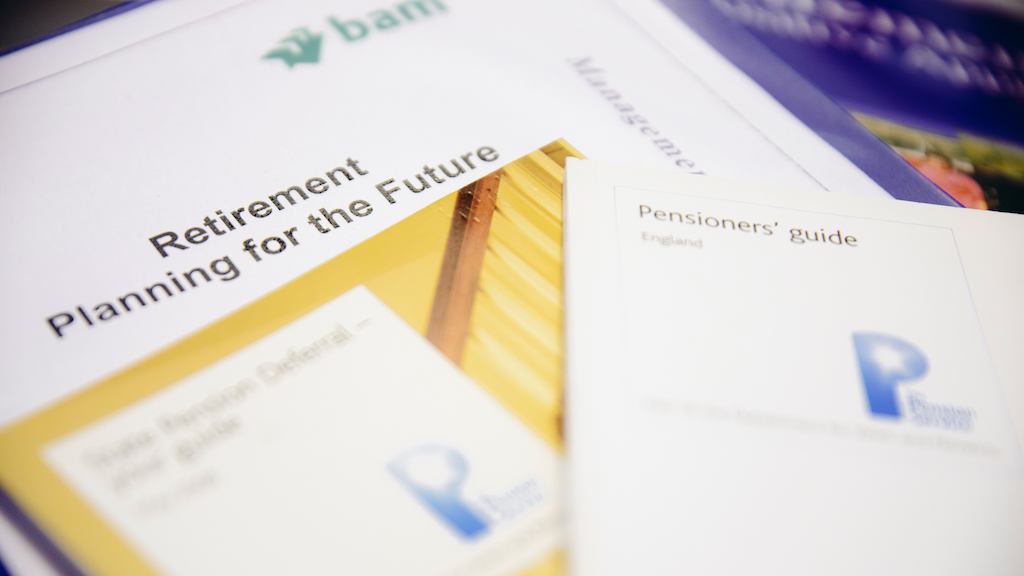There are around 5 million people in the UK who are classified as self-employed. This figure is rising steadily year-on-year, reflecting a shift in the nature of work for many people.
Being self-employed means that you have to source your work for today as well as plan for the future. In a busy working life, it is easy to see why the first one takes priority.
The self-employed are not a homogenous group; they are involved in a wide variety of occupations, sectors and industries. The self-employed include individuals who are sole-traders, part-time workers, entrepreneurs and those who are employed with a second job. The largest sector of self-employed is the construction industry but we are seeing increases in self-employed in technology, advertising and banking sectors with changes in work patterns and advances in technology.
Self-employed workers face different challenges to the employed worker. Fluctuating income due to seasonal changes, competition or ill-health can make it difficult to be able to plan their savings. Other issues include a heavy reliance on personal savings or capital when starting up or when income is limited.
It is therefore hardly surprising that retirement provision for the self-employed is significantly less than those in employment. There is low engagement in the self-employed due to low levels of trust making it difficult for them to engage with the pension world to set up their own pension arrangements. Unlike employees, there is no employer to take responsibility or ‘nudge’ individuals into pension saving.

